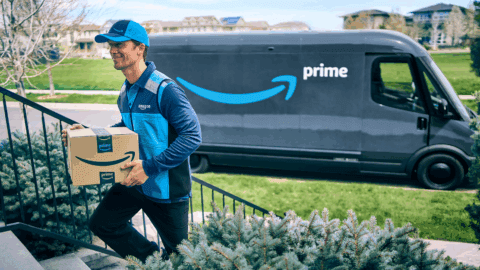As retailers strive to understand the consumer throughout the path to purchase, they are putting in more effort to personalize their offerings across channels.
However, numerous studies reveal that a personalization gap still exists. While 83% of retail marketers believe they do a satisfactory job of personalizing shopping experiences for the consumer, only 29% of consumers feel retailers effectively offer this content in the same way, according to Adobe.
A survey from Swirl further demonstrates the inability of retailers to effectively personalize for the consumer, particularly highlighting the struggles of brick-and-mortar stores. In fact, 75% of consumers say traditional brick-and-mortar retailers do not regularly demonstrate an understanding of their individual preferences and needs.
Personalization gaps are, unfortunately, common across most retail verticals. In fact, no retail category scored higher than 40% in demonstrating an understanding of consumer’s individual preferences and needs on a regular basis. Following are verticals ranked by understanding of the consumer:
-
Grocery (38%);
-
Big box (35%);
-
Pharmacy/Drug stores (29%);
-
Specialty retailers (25%);
-
Department stores (24%);
-
Warehouse clubs (24%); and
-
Off-price retailers (20%).
Falling Short Compared To Amazon
“Amazon continues to be the clear leader in understanding individual consumer preferences and delivering highly-personalized shopping experiences,” said Hilmi Ozguc, founder and CEO of Swirl. “In comparison, consumer experiences with traditional retailers are simply falling short — and that’s impacting both loyalty and sales. Mastering omnichannel marketing needs to be a top retailer priority in 2016. Beacon technology will play a pivotal role in bridging the physical and digital worlds so that retailers can deliver more relevant and personalized experiences across all consumer touch points.”
There are various reasons retailers are failing to connect with the consumer both in the store and beyond. For one thing, consumers feel retailers are bombarding them with irrelevant content and messages. Surveyed consumers indicate:
-
79% of the mobile content and ads sent are irrelevant;
-
78% percent of the retailers’ online content and ads sent are irrelevant;
-
75% of the emails and offers sent are irrelevant; and
-
75% of the time in-store sales associates fail to demonstrate that they understand the shopper’s needs/preferences.













